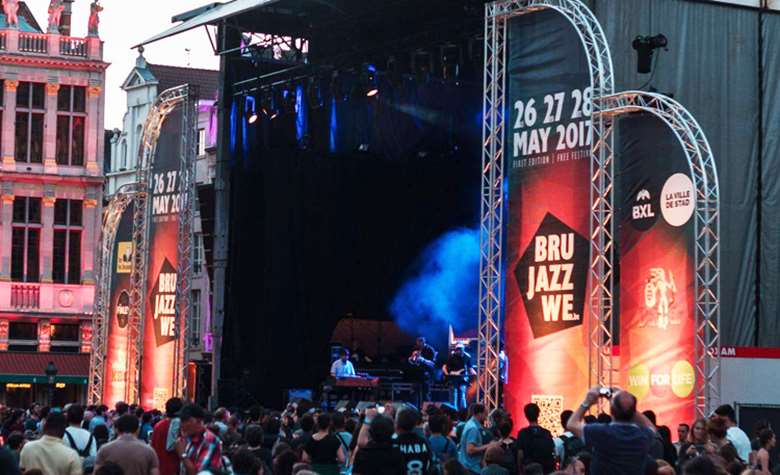Loueke and LRK light up Brussels Jazz Weekend
Thursday, June 1, 2017
Real Brussels is nothing like the Brussels of politicised fiction, with its hordes of scheming Eurocrats and pencil pushers dressed in graphite grey – a land of sour milk and precious little honey, where crossing the road means parting a sea of red tape.


Register now to continue reading

Thank you for visiting Jazzwise.co.uk. Sign up for a free account today to enjoy the following benefits:
- Free access to 3 subscriber-only articles per month
- Unlimited access to our news, live reviews and artist pages
- Free email newsletter